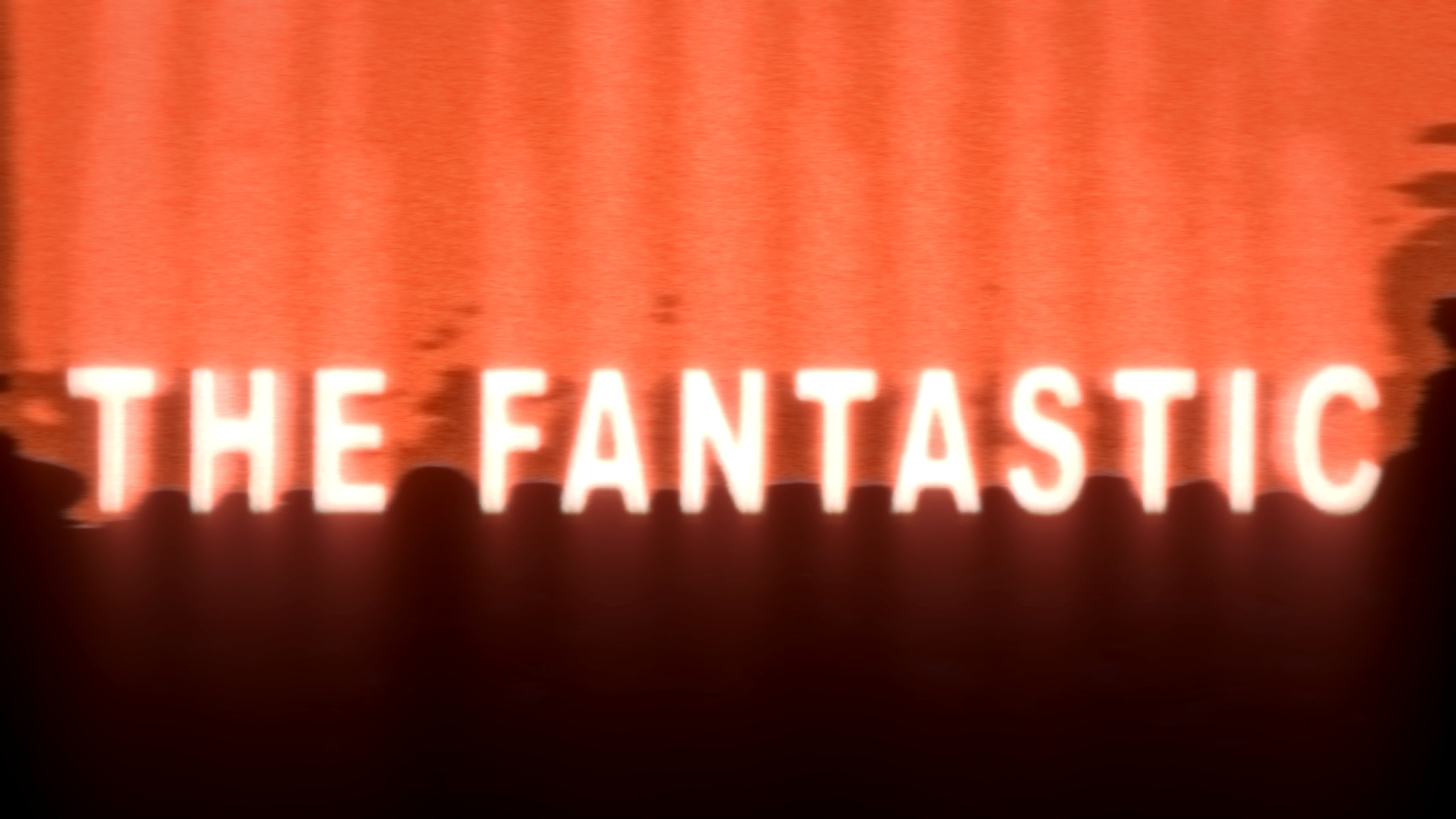The Fantastic. “Reality exists in the human mind, and nowhere else.”

Whilst the film is shot on location, all interviews take place anonymously in South Korea. We only hear the interviewees’ voices, juxtaposed with stills of the grey, barren cityscapes of North Korea; of communist concrete blocks and other more chilling and beautiful scenes of woodland buried beneath snow. Without so much as seeing their faces, and with filming restricted, we are invited directly into the imaginations of the speakers.
In the early 90s’, countries such as Britain and France were unable to process their waste which was then imported into North Korea in exchange for money. The North Koreans began by burning this for fuel but soon found that there were other more valuable items within the debris; films. Soon, individuals began to smuggle films across the border from China. When filmmaker Maija Blåfield asks an interviewee why he would risk his life by watching illegal films, he replies quite simply, ‘because they were interesting’. In a nation where only 1% have access to the outside world, where even the imagination is fettered, foreign films are elevated to the level of sacrosanct; as transgressive tools wielding an unimaginable power.
One interviewee describes the first time she saw Rambo on a video player her friend’s father smuggled from Russia. She didn’t know whether he was a hero but she intuited that fundamentally he was benevolent. For another, it was the depiction of pigs being slaughtered that reigns prominent. The various interviewees speak conspiratorially, with the tentative titillation of one who has rebelled. One male interviewee describes first seeing mobile phones in The Matrix. Whilst he was able to identify the fictitious elements, there is an unsettling irony in unearthing more reality from a science-fiction film than the reality in which one lives and breathes. Moreover, testament to a certain universality of film, it is curious to observe that although the interviewees are very sheltered in their exposure to the outside world, they are still able to distinguish reality from fiction. Yet at the same time, despite the eschewment of individual thought, what stood out to one interviewee differed vastly from the next. For one male speaker, it was the ‘peculiar objects’, the technical if banal mechanics of day-to-day life, the way the travel card tapped onto the reader or the coins were inserted into a telephone box. Others were drawn to more abstract concepts; displays of affection, frivolity and marital equality. Ultimately, what unites all viewers was their fascination with a discernible on-screen freedom.

Photo: The Fantastic
Interspersing the desolate stills of North Korea are technologically generated visuals, predominantly the iridescent and discordant disturbances of a VHS tape, nostalgic to anyone born in or before the 90s’. This aptly mirrors how the interviewee’s imaginations have been ignited and coloured as dissonant worlds collide; how the outside crept in and wreaked havoc. One interviewee in referring to a French film in which a man and a woman dine at a dinner table, describes how ‘the people in the movie were colourful somehow’. As if, transcendent of any aesthetics, there is something metaphysically luminous inherent in the characters on screen. Despite ardent attempts to quell the free thought of North Korean citizens, their intuitions cannot be quashed or restrained.
Maija Blåfield accompanies the interviewee’s narratives with auditory effects reminiscent of familiar noises from blockbuster films; guns blazing, the sensual din of French film, the launch of a rocket into space. At times, I found these a little uninspiring. I would have liked to have seen the interviews to instead have been accompanied by montages of iconic scenes from the films in which they reminisce.
One interviewee describes how ‘after the film, reality became very different from what I had learned before’. For another, ‘the movie was the reality’. This invites one to ponder on both the power and fragility of imagination. How was it truly possible for one fiction film to supplant reality as one knows it, with such immediacy and ease? Does this point to the underlying scepticisms of North Korean citizens with regards to the society in which they live? Or does this point to a universally held readiness to fantasise, to believe in the colour and the joy of life on the screen, because, why not? In this way, Maija Blåfield eulogises cinema; in its depiction of both the brilliant and the banal and its capacity to steal us away from the world as we know it. As Orwell once said in 1984, “reality exists in the human mind, and nowhere else”.
Daniela Esposito